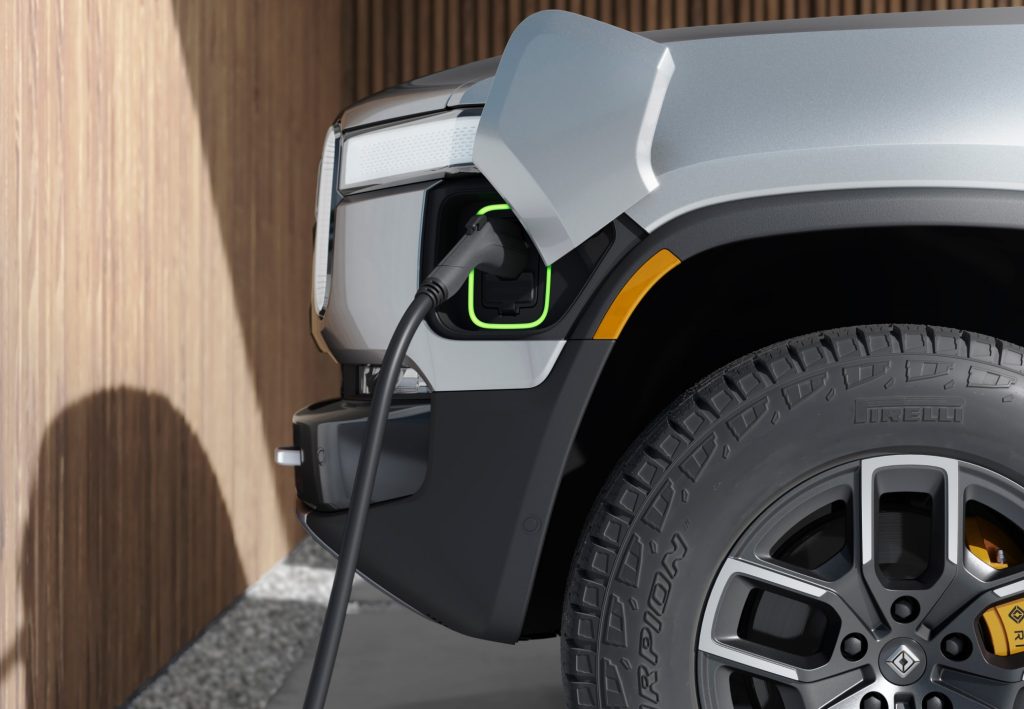People Suddenly Losing Interest In Electric Cars?
With gas prices surging, public interest in electric vehicles was up. However, that isn't the case any longer.

Car manufacturing companies have had the difficult task of trying to keep up with rapidly changing consumer demands. Part of the shift has included a drastic increase in electric vehicles. But after a rollercoaster start to 2022, that interest is beginning to wane.
A website known as Edmunds.com keeps track of consumer spending habits and purchases. According to their data, there was a spike in demand for electric vehicles at the beginning of the year. It reached a whopping all-time high of 25%.
That number initially appeared to directly correlate to the spike in gas prices the U.S. has experienced throughout the year and the war in Ukraine. But if those were the primary contributing factors, one would expect those trend lines to continue to mirror each other. The opposite has happened.
Based on the information from Edmunds.com, when gas prices dipped slightly in the spring, so did interest in electric vehicles. However, when gas prices shot up to a record $5 per gallon in June, interest in EVs did not increase at the same rate. And interest has declined even faster than anticipated now that gas prices are falling. These numbers have perplexed industry analysts, who believe there may be many varying factors causing the disparity.
One of the theories is that initial fears around how high gas prices would rise due to the war in Ukraine sparked the initial turn toward EVs. Once consumers realized the fuel situation could not end up as bad as predicted, their interest slowly backed off. With the sudden rise in costs at the pump in June, interest jumped slightly, but not at the expected level.
Consumer trends analysts believe this is partly due to the culture shift work environments experienced during the pandemic. Remote work became the norm in many industries. And with companies realizing productivity didn’t always suffer, many have become more permissive about remote work.
Many employees are likely taking advantage of the new, loose remote work environment and staying home to save on gas money. If they are driving less, they’re spending less, and worries about the cost of gas diminish greatly. As it appears the initial jump in EV interest directly resulted from the high price at the pump, it stands to reason a loss in interest once those fears are gone.
Another factor may be due to our current rate of inflation. While consumers may be saving on gas money, they are still spending a much higher percentage of their income on necessities. With the cost of everyday staples soaring, many households have less disposable income (if any). Combined with the high price tag on most EVs, some consumers may have decided there just wasn’t room in the budget to purchase a new car.
This loss of interest could become problematic for car manufacturers. Many have already started converting their factories away from producing traditional gas-powered vehicles to meet growing demands. With the demand waning, but the EV production wheels already in motion, it doesn’t bode well for some car manufacturers.











